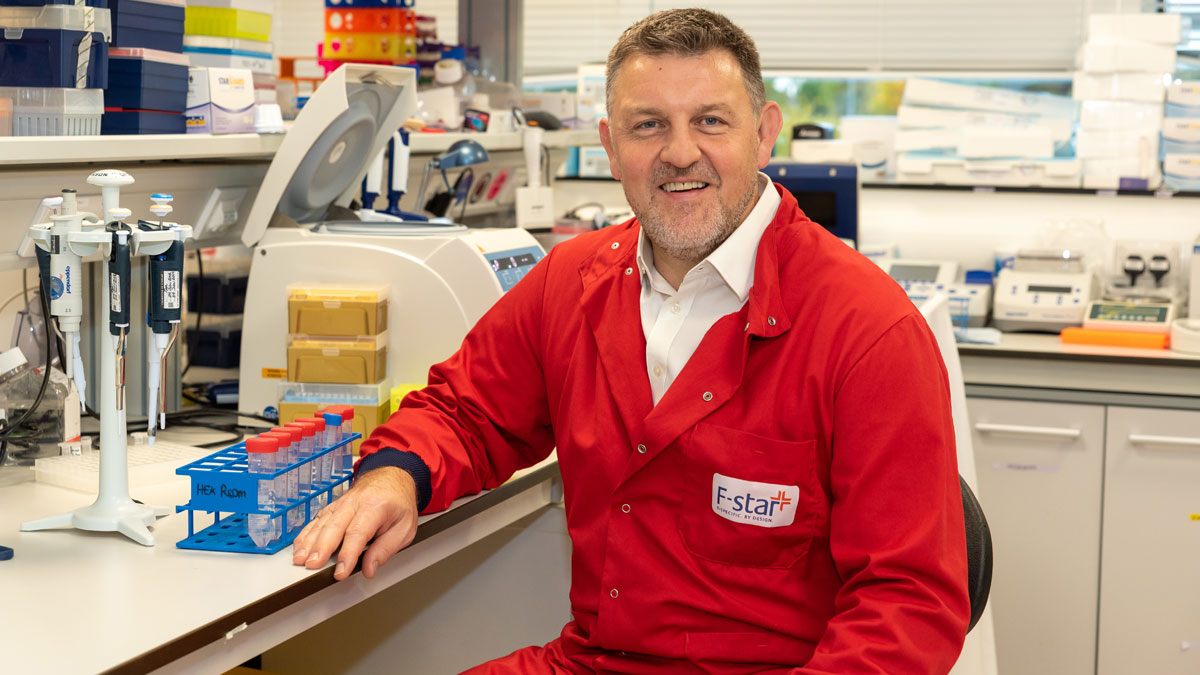UK Biotechs Seek Government Help As Economic ‘Heart Attack’ Threatens Sector
Biotech Association Wants R&D Credits Paid Early
Executive Summary
Huge economic shock to sector could be quickly alleviated by early payment of R&D Tax Credits, says BIA.
Biotech companies in the UK are putting on a brave face in the midst of the coronavirus pandemic, and the resulting global economic shutdown – but there is no doubt that many businesses could face collapse within months without government help.
The crisis has been brought on by the COVID-19 lockdown, and will be confronting small-to-medium businesses (SMEs) in the life sciences sector across Europe and beyond.
There around 3,500 biotech companies in the UK, and the vast majority of these are early-stage loss-making research-based firms with no products on the market yet. They generally have less than 12 months of cash ‘runway’ – and will need to lay off staff or mothball drug discovery and clinical trials if the government, venture capital funders or banks do not come to the rescue.
The bad news is that most of the lightning-response measures announced by the UK Treasury to help business will not apply to biotech – this includes a last-resort government payment of 80% of salaries for employees who would otherwise lose their jobs.
The other main safety net is the Coronavirus Business Interruption Loan Scheme, a government-backed loan which would be delivered through the High Street banks. However this is unlikely to apply to biotech firms, as these loans will only be offered to businesses who would ordinarily be customers of these banks.
The UK’s Bioindustry Association (BIA) has been quick to respond to the threat, however, and on 26 March its CEO Steve Bates chaired a webinar to share information on its discussions with the UK government.
Bring Forward R&D Tax Credit Payments
Martin Turner, head of policy and public affairs, is part of the BIA team leading daily talks with the Treasury. The BIA’s favored approach to have scheduled future payments due to companies under the existing R&D Tax Credits scheme paid out early to companies, and Turner says it is lobbying government hard to agree to its plan.
The payable tax credit in the scheme for SMEs enables loss-making companies to claim a tax credit worth up to 14.5% of the R&D element of their losses and receive an immediate cash-flow benefit.
Speaking on the webinar, Bates said he was hopeful that the UK government would address the sector’s specific needs.
“My hope is that they'll understand that the research intensive [life sciences sector] is something that the UK needs to maintain if it's going to have an economy of the future. Therefore, making sure that we come out the other side with an effective sector intact is going to be a strategic importance to them.”
He praised the Treasury for its rapid response to the wider economic crisis, but said the challenge was to create a mechanism that works within the R&D tax credit route, which he said was also “the most sensible, quickest one.”
Other potential sources of rescue loans floated by the BIA include the British Business Bank, the government agency Innovate UK, and even the European Union, despite the UK’s still-live plans to cut ties with the EU by the end of 2020.
Emphasizing the sector’s determination and resilience, Bates concluded: “We have to take it in the context that the entire economy is having a heart attack at the same time and, and this is going to be tough, tough lines. But this is what we got. Please keep engaging with us. Martin is doing a great job.”
Eliot Forster, CEO of Cambridge, UK-based F-star Alpha Ltd. also spoke on the webinar about how his company had had to respond rapidly to the effects of the lockdown.
While biopharma researchers and labs are exempt from lockdown-enforced closure, school closures mean many have had to move to working from home, with around 80% of staff having switched.
Forster says F-Star has set up a ‘semi-shift’ rota to keep research labs open, but also has to maintain ongoing clinical trials. “We, like many companies, are running clinical trials and one of our priorities has been to…make sure that we can get our drug supply to patients. We run an oncology company, so we have patients with cancer, who are being maintained on the therapies that we provide. [These trials] happen to be running in the US, so we have a bit of remote working situation to tackle, but we've now solved that and just basically oversupply [the] drug and stay in contact with the research sites on a daily basis.”
Forster praised the work of the BIA, and said his company and the wider sector needed to look ahead to the medium-to-long term impact and how to respond.
“We need to think about how the impact in terms of partner income, the impact in terms of future investment, will change the nature of our business over the coming few months. And we've been working through that process internally, but also we'll continue to work with the network of other companies in order to convince the government to do something for our sector,” he said.
To support their claims for help, life science leaders will point to a strong sector just before the crisis. New BIA/Informa Pharma Intelligence figures out today show that £186m ($230m) was raised in public follow-on financings, up from £95m in the same period last year. A further £123m was raised in private venture capital, down from £182m in the same period last year. However there were no IPOs by UK or European biotech companies in the three month period.
Prime Minister Tests Positive, Cases Continue To Rise
The economic consequences of the pandemic are hitting home as COVID-19 numbers continue to rise, with the Prime Minister Boris Johnson and health secretary Matt Hancock both testing positive on 27 March, although both are suffering only minor symptoms.
The total number of confirmed cases in the UK stands at 12,000, with 578 deaths, with a peak in these numbers still not yet in sight.
Finally, much of the sector has also swung into action to lend their expertise to research efforts to combat the coronavirus. The BIA has helped create cross-sector alliances, including groups looking at developing therapeutic antibodies and vaccines.

